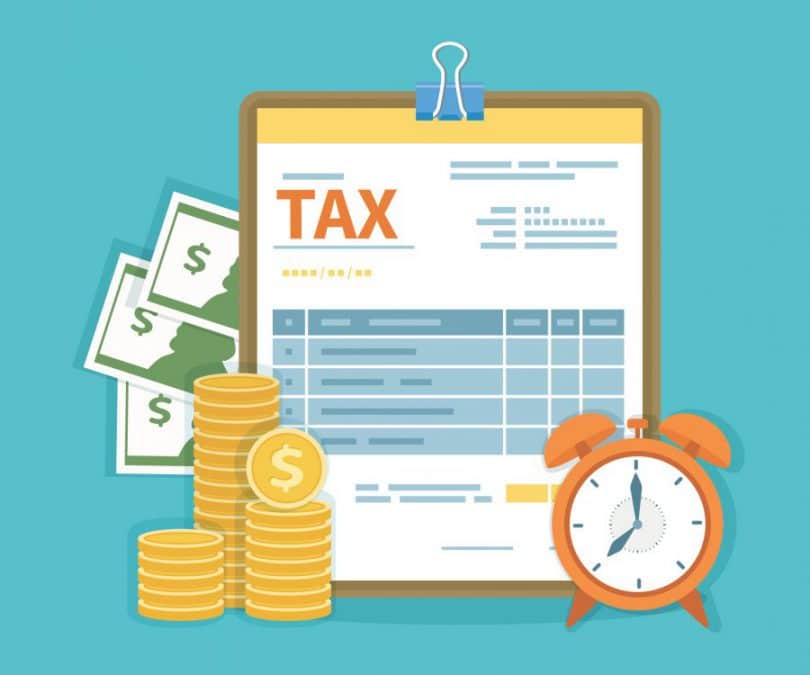
By Lenzy Krehbiel-Burton
Tax season is nigh and Carissa Johnson is ready for it.
A tax specialist with Citizen Potawatomi Nation, Johnson has more than 20 years of experience preparing individual income tax returns. With the April 17 federal filing deadline looming, Johnson’s single biggest piece of advice: Have all of your documents in hand first, even if that means waiting on a slow employer.
“You must have a W-2 to do tax stuff,” she said. “You must make sure all 1099s have come in if you get them and sometimes that’s not until February. It is better to have them all together then have to go back and amend. I’ve had that experience with clients before.”
For at least another year, that federal tax paperwork still includes documentation of health insurance coverage.
The federal tax reform bill signed into law in December does not impact 2017 income tax filings and the provision repealing the Affordable Care Act’s individual health insurance mandate does not take effect until 2019.
Until then, people who rely on Indian Health Services or tribal health facilities can still apply for an exemption from the penalty.
Individuals who have health insurance through an employer, the Health Insurance Marketplace or another source should get documentation from their provider of what months they had coverage
in 2017.
“It does not go in with your tax return, but keep it and bring it with you when meeting with your tax preparer to show, so there’s no question of whether you avoided the penalty,” Johnson said.
With an office in the Workforce and Social Services building, Johnson is available via appointment to help CPN citizens with their tax returns. Unlike some commercial tax preparation businesses, her office does not do instant tax refunds.
“That is technically a loan and the places that do them can charge you dearly,” she said. “My mentor and I decided when they first came out that we wouldn’t do them, as it is just not good financial advice to
give to a client.”
Additionally, the Internal Revenue Service offers two free, need-based programs to help with federal income tax preparation. Taxpayers with an income of $50,000 or less can receive help through the Volunteer Income Tax Assistance program, while elders can participate in the Tax Counseling for the Elderly program.
As of press time, the IRS has not announced VITA and TCE sites
for 2018.
